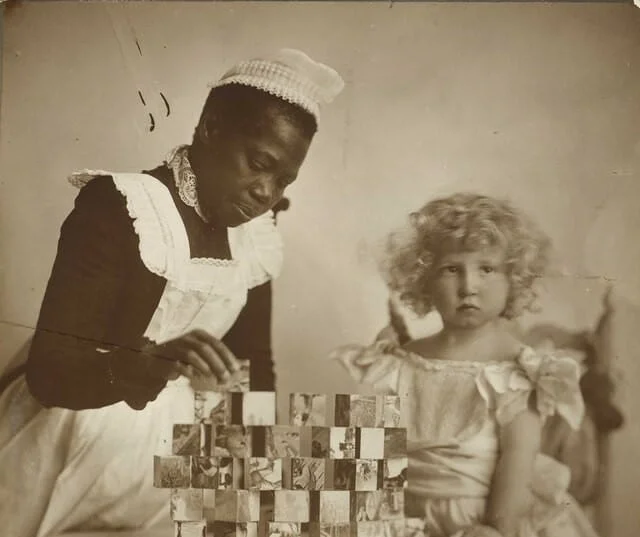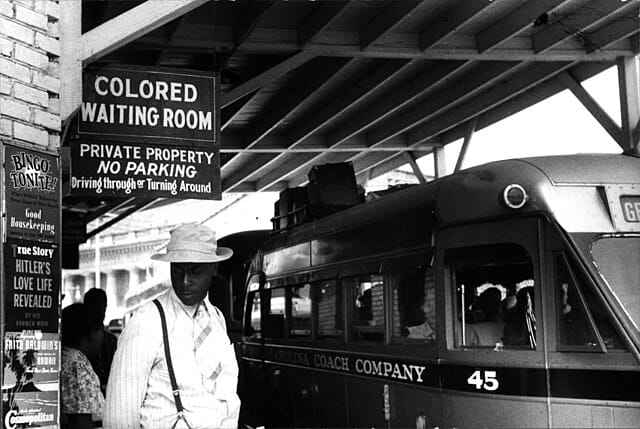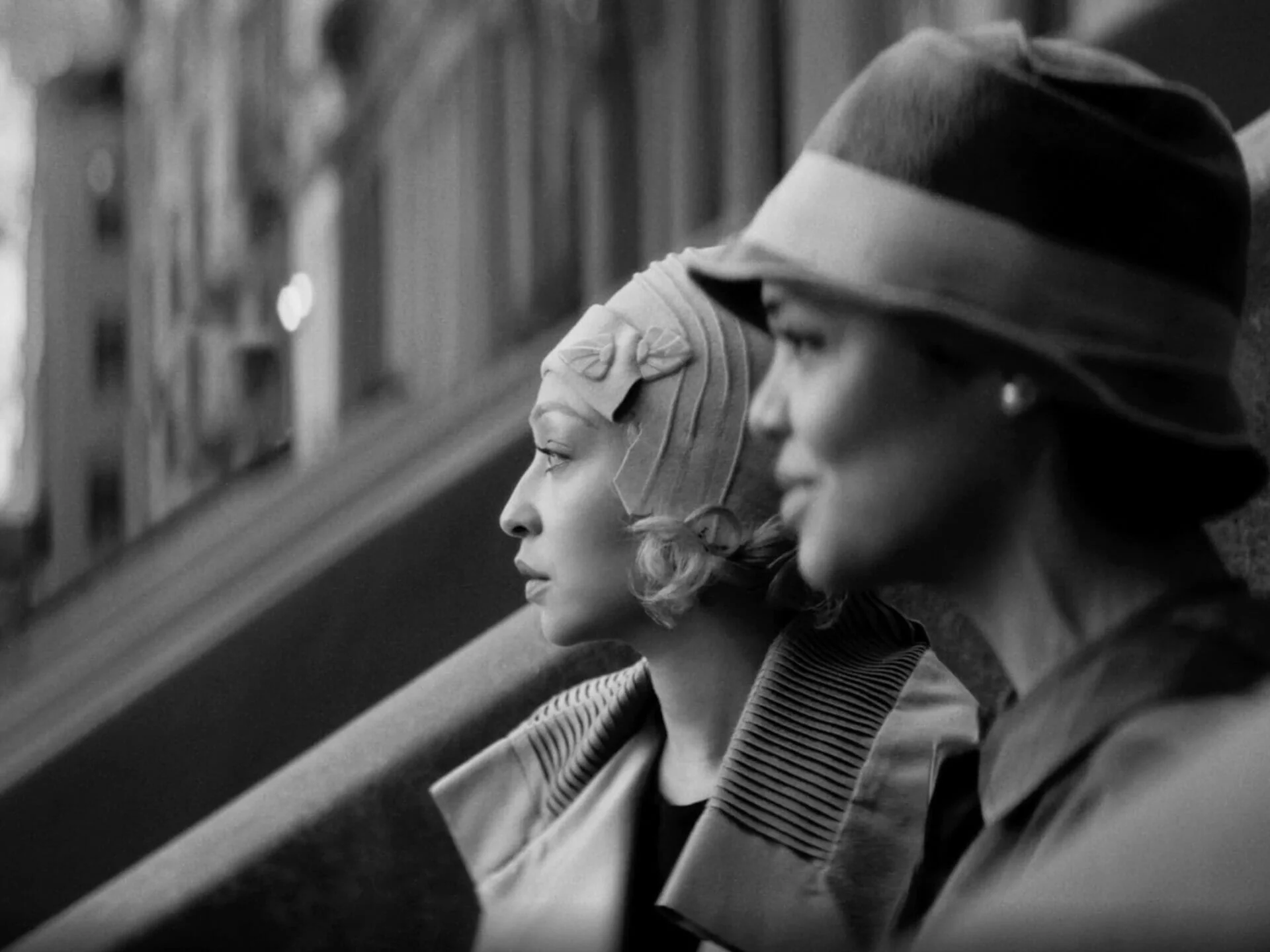
The Help | Female Friendship in the Segregated Deep South
Author
Year
Format
It is 1962, and black and white people lead separated lives in Jackson, Mississippi. African American maids, referred to as “the help“, break their backs working in the homes of wealthy families for very little money. They bring up white children as nannies, instead of their parents, and still, they have to use a separate bathroom to prevent the spread of alleged diseases. Three women take responsibility and decide to expose the harsh truth of their lives through a book, with the hope of inciting a change.
First published in 2009, The Help is the debut novel by Jacksonian author Kathryn Stockett, who, driven by conflicting feelings towards her homeland, decided to delve into a little-discussed page of American history that she experienced first-hand during her childhood. The American literature on the theme of racism counts several illustrious antecedents, going back to Oludah Equiano‘s autobiography (1789) and including Harper Lee‘s To Kill a Mockingbird (1960) and Alex Haley‘s Roots (1976).
Stockett treasured these works and narrated modern-times racism through the voice of its victims. Indeed, she took on the perspective of domestic workers, a group that, even today, is highly neglected in terms of social representation and recognition. Albeit set more than 50 years ago, The Help provides valuable commentary on present-time societies and their imperfections in a style that can be both blunt and ironic, “so horrifying yet so savagely funny”, as observed by Toby Clements.
Shortly after publication, Stockett’s novel has become a pop culture phenomenon, selling 7 million copies in just three years and remaining in the New York Times Best Seller List for over a year. In 2011, Tate Taylor directed the film adaptation featuring Viola Davis, Emma Stone, and Oscar-winner Octavia Spencer.
An unconventional friendship and an unprecedented project
The novel revolves around three main female characters. Aibeleen Clark, an African American woman who raised 17 children in white households, but none filled the gap left by her departed son Threelore. Her friend, Minny Jackson, mother of five children and married to an alcoholic husband, has lost more jobs than she can remember due to her sassy attitude and a groundless thief reputation. Like the rest of the help, they work grueling shifts for paltry pay, continually exposed to prejudice and discrimination from their employers. On the other side is Eugenia “Skeeter” Phelan, a freshly graduated girl from a privileged landowner family, who harbors dreams of becoming a writer.
These three women have something in common: they can no longer stand the stale climate of segregation and racism that permeates the city. Skeeter involves Aibeleen and Minny in an unprecedented and daring mission: recounting the lives of Jackson’s black maids and their working and living conditions in a book. Despite the use of pseudonyms, it is a high-risk project, since, if discovered, they could face legal action and lose their jobs. They mainly have to watch out for the suspicious Miss Hilly, Skeeter’s long-time friend who is determined to ensure that nothing disrupts the community’s social order. As the book takes shape, Skeeter, Aibeleen, and Minny unconsciously cultivate a friendship that crosses borders and conventions and makes them believe in the possibility of changing their lives.
A women’s tale
The Help is a first-person narrative in three voices. Indeed, the chapters alternately present the point of view of the three protagonists, each of them featuring unique and unmistakable storytelling. Aibeleen and Minny express themselves in colloquial African-American slang that has an estranging effect on the printed page. Though, while Aibeleen’s parts reveal her balanced and reflective character, a sign of her elder age, Minny’s ones show her stormy personality, recounting events with cutting irony and often drawing a smile from the reader.
On the contrary, Miss Skeeter, who received a high-level education, writes in plain, standard English. Indeed, she serves as an alter ego of the author herself, who started writing the novel thinking about Demetrie, the black maid who raised her as a child, and trying to revive her voice in the character of Aibeleen.
I started writing in her voice because it felt really soothing. It was like talking directly to her, showing her that I was trying to understand, even though I would never claim to know what that experience was like. It’s impossible to know what she felt like, going home to her house, turning on her black-and-white TV.
Elizabeth Day’s interview with Kathryn Stockett, The Guardian
Racism in the civil-rights era
When mentioning racial segregation in modern history, most people would think about South African Apartheid. Though, a similar policy, grounded on Jim Crow Laws, was in force in the South of the United States until the 60s. The Help highlights an uncomfortable and relatively recent page in American history. The days of slavery, described with ruthless realism in Colson Whitehead‘s The Underground Railroad, are far away. Yet, black communities must use different libraries, movie theatres, phone booths, and other public facilities from those reserved for white citizens.

Furthermore, Stockett’s novel delves into the implications of such inequalities on colored women’s private lives, spread across generations. Both Aibeleen and Minny dropped out of school when they were still children to become maids in “White Ladies’ houses”, as their mothers did at the same age before passing them the rules of the trade: never meddle in white ladies’ businesses, always use a separate bathroom and different tableware, never talk back. All this meant signing in for a daily grind of sacrifices and humiliations to be accepted head-on in front of the landlords’ offspring. This is the greatest sorrow for Aibeleen, who, after losing her only son, has to raise and love other people’s children only to see them become as close-minded and ungrateful as their parents.
I want to yell so loud that Baby Girl can hear me that dirty ain’t a color, disease ain’t the Negro side a town. I want to stop that moment from coming – and it come in ever white child’s life – when they start to think that colored folks ain’t as good as whites… I pray that wasn’t her moment, Pray I still got time.
Aibeleen Clark, The Help
Western societies under the lens
Racism is not the only social theme that the novel addresses. Through the eyes of the three narrators, Stockett explores the microcosm of Jackson’s community in the 60s, which turns out to be not so distant from many contemporary contexts in most of its taboos and biases.
Above all, the book draws a choral portrait of the condition of women, marked by stereotypes and constraints that know no ethnicity or social status. In fact, if colored women’s fate is to become house servants, the path meant for white ladies is to marry a wealthy, young man, become mothers and dedicate themselves to housekeeping and charitable causes. Although in different ways, both sides are trapped in a rigid social model, which defines female identity according to conventions and conservative traditions. A system that leaves no room for outcasts and all those who choose not to conform to the mainstream, subject to mobbing and mocking attitudes. This is the situation with Miss Celia, a naive and extravagant woman who Miss Hilly and her group intentionally exclude from community meetings because of previous love quarrels.
White womens like to keep they hands clean. They got a shiny little set a tools they use, sharp as witches’ fingernails, tidy and laid out neat, like the picks on a dentist tray. They gone take they time with em.
Aibeleen Clark, The Help
Stockett rails against the hypocrisy of middle-class women, supposedly well-wishers who do nothing to support the civil rights of the most disadvantaged population. Hence, charitable initiatives in aid of the ‘poor starving children of Africa’ are actually a means of clearing one’s conscience and showing a better side of oneself to society.
Courage to change
Despite their different social status, all three protagonists share an inherited condition of constraint. Aibileen and Minny, descendants of slaves, never had the chance to choose what to do with their lives, falling victim to continuous abuse and discrimination. As to Miss Skeeter, she could not be more of a fish out of water in Jackson. She has a strong aversion to the housewife lifestyle and instead aspires to a professional career that grants her independence and freedom from a context that fits her tightly. Together, they find the courage to break out of the cage that years of history have built around them. A cage that, on many levels, is also a comfort zone and a shelter against the unknown, as freedom is never pain and risk-free.
All my life I’d been told what to believe about politics, coloreds, being a girl. But with Constantine’s thumb pressed in my hand, I realized I actually had a choice in what I could believe.
Miss Skeeter, The Help
Through a metanarrative device, the book also highlights the power of literature and the impact that the written word can make. By recounting the lives of black maids, the three protagonists shout to the Jackson community what is before everyone’s eyes but no one has ever dared to say. The Help is thus an invitation to continue talking and writing – like Miss Skeeter is invited to do by her mentor – “about what disturbs you, particularly if it bothers no one else”.
Tag
Buy a ☕ for Hypercritic








